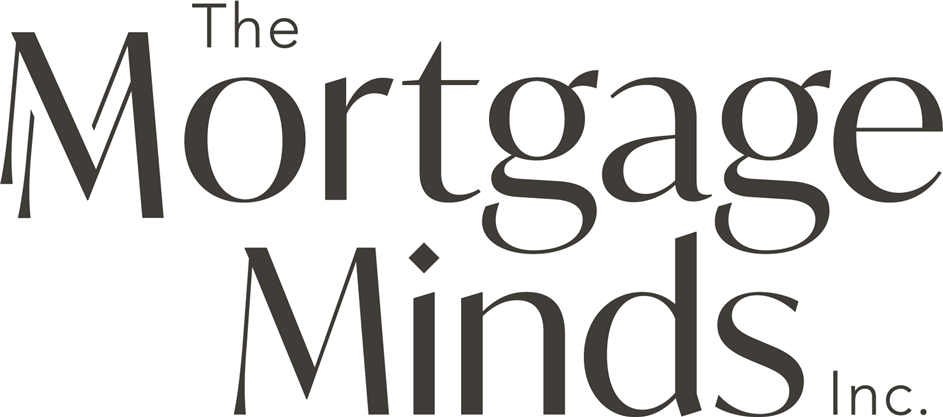
Michelle Lapierre
Are You Self-Employed? How To Prepare Under Tighter Mortgage Requirements
3/16/2016
Are You Self-Employed?
How To Prepare Under Tighter Mortgage Requirements
Self-employed buyers have been impacted the most in lending requirement changes over the last few years. If you are a new buyer or if it has been more than 4 years since you last purchased, you will feel that impact when you buy again or look to refinance your current property.
What Changed?
In 2012, new underwriting requirements came out from OSFI, the body that governs banks in Canada. These changes eliminated true "stated income" products for self-employed buyers. Prior to this change, a self-employed person could state a reasonable income and qualify based on that income. Lenders are now required to support that income with back-up documentation, such as business financial statements, T1 Generals, and Notice of Assessments. This makes it far more challenging for self-employed buyers to qualify for a mortgage with the large banks at best available interest rates, particularly those with high write-offs or those who choose to draw less income from their company to reduce income taxes.
Mortgage Brokerage Options That Help
Fortunately, in the broker world, we have monoline lenders (non-bank) who allow us to gross-up self-employed income or add back certain expense write-offs, recognizing income is often minimized for tax purposes.
In addition, we still have access to alternative lending options for self-employed buyers who have a minimum of 15-20% available for down payment. These alternative lenders will look at 6 months of business bank statements to prove income levels. Interest rates are a bit higher with these alternative lenders, but they are still far more competitive than private lending options.
How You Can Prepare:
Here are some of the items a self-employed buyer should have in place:
-Stay current with your taxes and have proof that you have no balance owing to Canada Revenue Agency
-Copies of the last two years of tax documents including Notice of Assessments, T4s, T5s and full T1 Generals
-2 years of accountant prepared financial statements if you are incorporated
-Be prepared to answer questions about the nature of your business, number of employees, or unusual items in your financial statements.
-Maintain strong credit (always important, but even more so for self-employed buyers)
-Bank statements that show the income you receive
-Certificate of incorporation or other proof that you are self-employed and confirmation of your ownership position/percentage
-Copy of your business license
This seems like quite an extensive list and you will not necessarily need all of these items. The point is the more you do have up front, the smoother and easier your approval will be.
Self-employed borrowers have seen requirements for mortgage approval change drastically. More than ever, working with a broker who has more lender options available can determine whether you are successful in becoming a homeowner. And the earlier in the buying process you speak to me, the better!




























